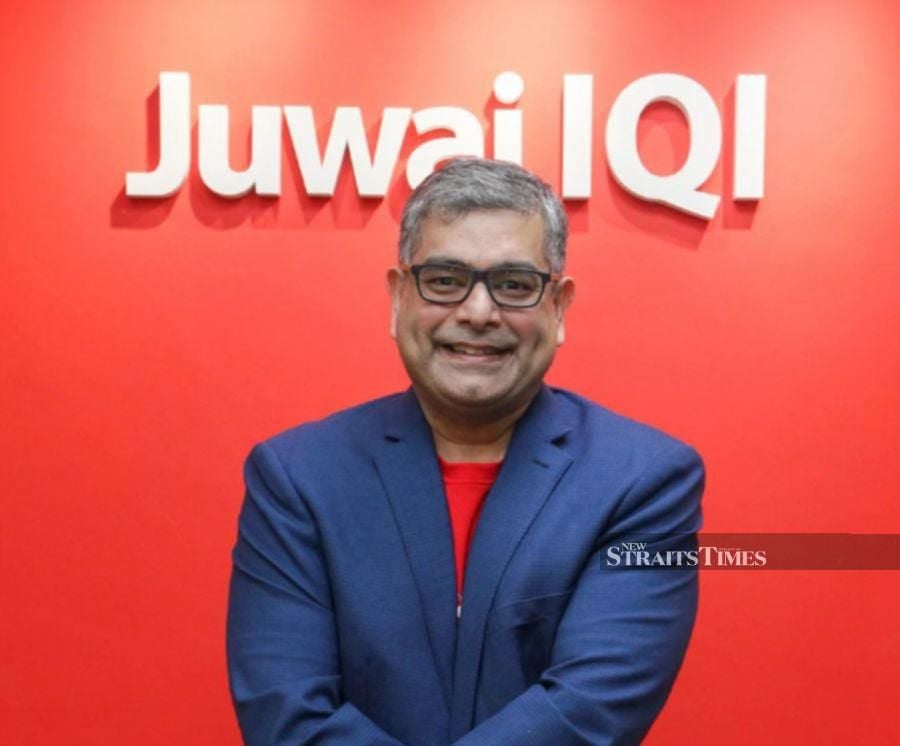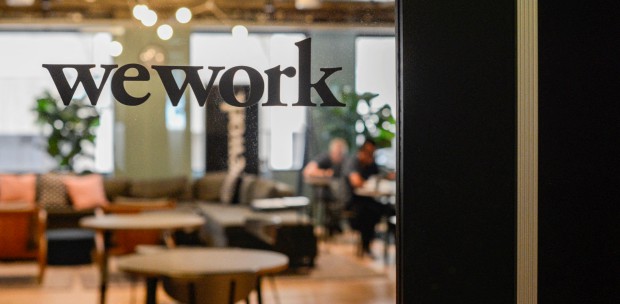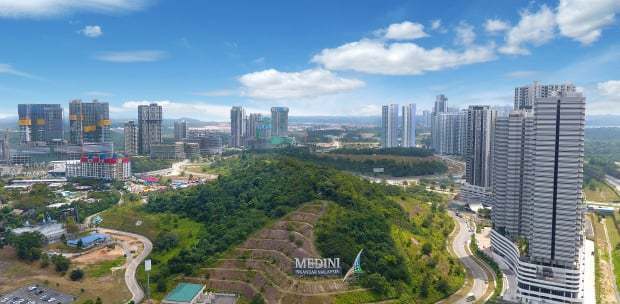KUALA LUMPUR: Sarawak is becoming the preferred destination for the Malaysia My Second Home (MM2H) programme with an almost 25 fold increase in total approved MM2H applications this year, compared with 27 in 2021.
According to Kashif Ansari, co-founder and group chief executive officer of Juwai IQI, local authorities in Sarawak had approved 406 applications as of July of this year.
Kashif predicted that the total number of approved applications would be around 700 by the end of this year, based on the rate at which the state issued MM2H visas in the first half of 2023.
"If you compare Sarawak's estimated 700 approvals in 2023 to the number of approvals issued in 2021, which was 27, the growth seems dramatic.
"These numbers show there is still sufficient international demand to make the national MM2H a success," he said.
Kashif believes Sarawak is becoming a more appealing destination for MM2H than other Malaysian states.
He also said that the requirements for the Sarawak MM2H programme differ from those of the federal programme.
The minimum bank deposit in Sarawak is RM150,000 (US$32,000), whereas the current federal programme requires a deposit of RM1 million (US$212,000).
The residency and annual income requirements for the Sarawak programme are also lower than those for the federal programme.
"For example, you must spend 30 days a year in Sarawak under its terms, which compares to 90 days for the federal MM2H. And you must have a minimum annual income of RM84,000 (US$18,000) for Sarawak MM2H. The federal MM2H program requires a minimum annual income of RM408,000 (US$103,000)," he said.
According to the most recent data from MM2H and Sarawak-MM2H, Malaysia remains one of the most appealing destinations in Southeast Asia.
Since late 2021, the MM2H programme has received a total of 2,164 applications, with about 88 per cent or 1,905 of those, being approved.
Kashif believes this year's high approval rate demonstrates that the programme is attracting the type of people Malaysia wants: relatively large spenders who buy or rent homes in touristy areas.
According to the data, the majority of MM2H participants are retirees who have fallen in love with Malaysian culture and lifestyle.
"They want to live here and learn more about the country. The locations that benefit most from MM2H are popular vacation and second home markets, where the lifestyle most appeals to retirees.
"The MM2H programme provides Malaysia with several economic benefits. The programme attracts high-spending tourists and residents who contribute to the economy by spending on accommodation, dining, shopping, and other services. This spending supports local businesses and can lead to job creation," he said.
Kashif said the programme also promotes Malaysia as a luxury and long-term tourism destination, with long-term visitors spending significantly more locally than short-term visitors.
Furthermore, it aids Malaysia in attracting new tourist demographics, particularly affluent, long-term visitors.
"This diversification is especially valuable today, given that total tourist numbers are still lower than before the pandemic," he added.





